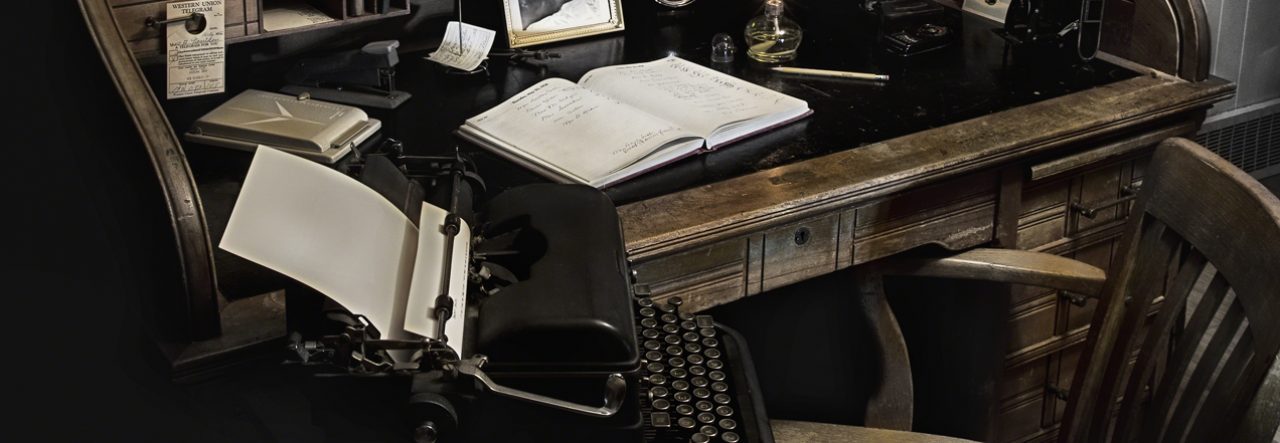Dear Will:
I look up, and justlikethat, June has disappeared. That’s what happens when you cram two separate family vacations into a single month. In case you’re wondering, I don’t recommend it.
We spent a week in Virginia, visiting the old historical sites of Williamsburg, Jamestown, and Yorktown. Then for good measure, we spent three days in Washington D.C. I felt like those pioneer children we sang about as kids: We walked and walked and walked and walked. For much of our visit the temperature was in the 90s with humidity to match. You won’t be surprised to hear that after 10 days of historical ruminations, Seth (my nine-year-old) declared that his favorite part of the trip was the day we spent at the water park. Since it was over 100 that day, I can’t say that I’m surprised.
As for me, I especially enjoyed Yorktown and visiting the monuments and Arlington National Cemetery. I found myself feeling very quiet on that hallowed ground. It’s nice to be reminded of what is possible when good people live up to high ideals. It made me want to be a better person. This was also my first chance to see the new World War II Memorial. All I can say is it was awesome.
After just one week at home, we loaded up the minivan and drove to Antimony, Utah. In case you’re wondering how to get there, you can reach Antimony by driving to the middle of nowhere and turning right. We gathered at a horse ranch there with 35 members of my wife’s family, including all six of her siblings and a pretty good sampling of nephews, nieces, and sundry in-laws. Much to my surprise I really liked the place. The staff was charming, the accommodations appropriately cozy, and (best of all) there was no cell phone reception. I rewarded myself by leaving my laptop at home as well. Imagine my delight, then, when I discovered a porch swing, hidden out back in the shade, removed from the bustle of humanity. Each afternoon I would sneak off to my secret swing and (get this) read a book. No, really. I actually did. It was the highlight of my month.
It’s sad, but not at all surprising, that I had to drive to Antimony in order to slow down. It says a lot about my crazy existence. Several years ago (maybe 25?) there was a movie out called Koyaanisqatsi. (If you never saw it in a theater I feel sorry for you. It was amazing cinema. Rent it if you can, but in the home theater you cannot approximate the full effect of the film. I can say without equivocation that it is unlike anything you have ever seen before. If you do watch it, let me know what you think.) Koyaanisqatsi is a Hopi Indian word which apparently means “crazy life, life in turmoil, life out of balance, life disintegrating, a state of life that calls for another way of living.” Let me put it this way: It doesn’t take very long in the porch swing to start thinking that the Hopi know all about your way of life.
Unfortunately, some other way of life is not really an option at this point. I lack the nerve to ditch it all and move out to the country. And I’m pretty certain that I would be miserable there anyway. But it’s nice, from time to time, to get off of the thoroughfare and wander down an unpaved path. Usually when I’m feeling like this it does my soul good to pull out my tattered copy of Walden and read again about Thoreau’s attempt “to live deliberately.” Thus I do vicariously what I would never otherwise do, and along the way I am reminded that there is more to life than the daily have-to’s of modern life.
Enough of my musing. I’ll end here and put this rambling missive in the mail to you (long overdue, I must confess—sorry). Then I’m going to go read my book (Ghost Soldiers by Hampton Sides). If anyone’s looking for me, tell them I’m out back, swinging in the shade.
PW
